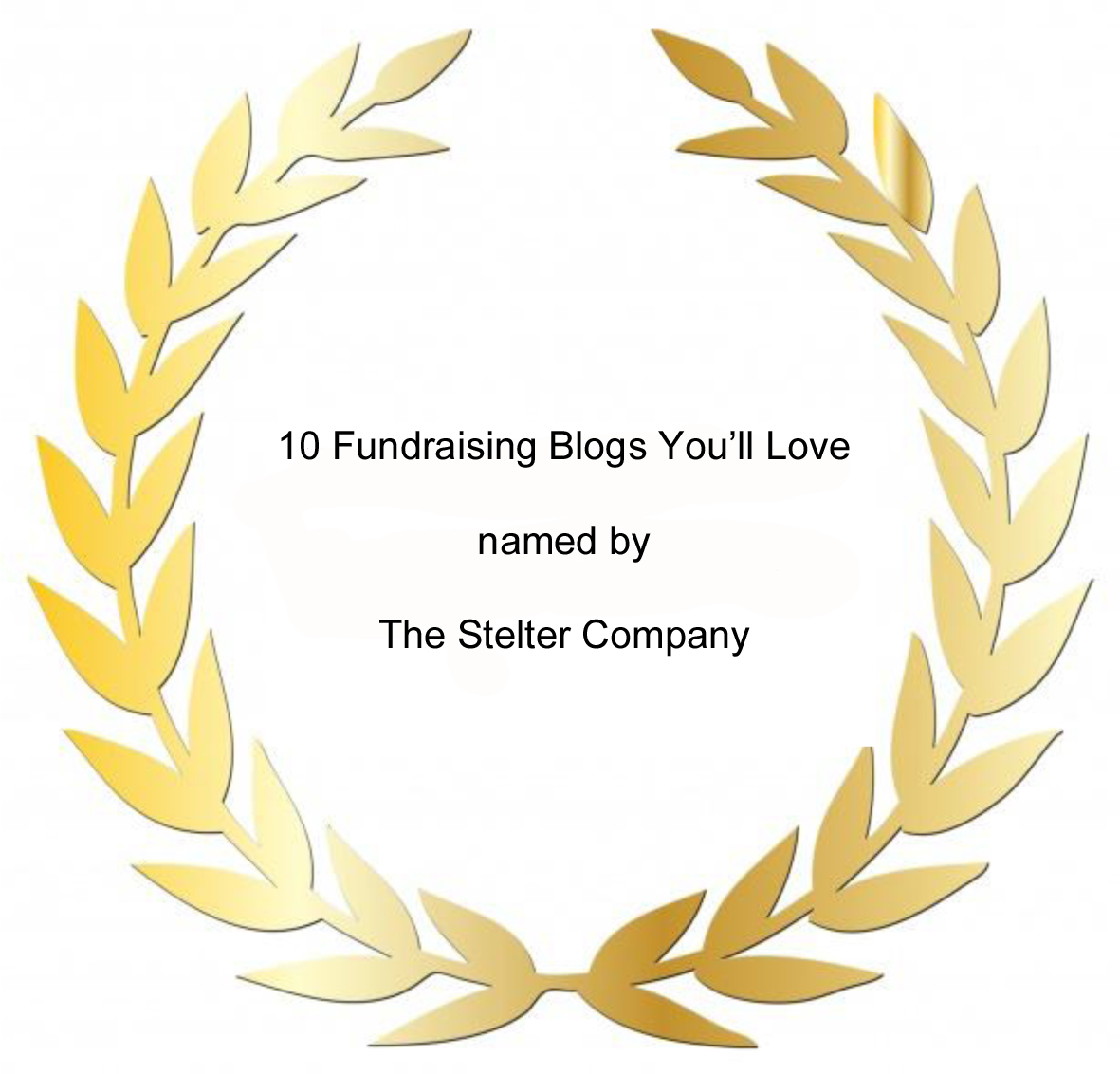If you’re like most nonprofit development professionals, you’re doing it. You’re using one particular word in your fundraising effort that is costing your nonprofit organization a fortune.
I have the research that proves it.
If you talk with prospects about and ask them for a “bequest” commitment, you’re leaving enormous sums of money on the table. That’s the conclusion of recently released data shared by Russell James, JD, PhD, CFP, a leading philanthropy researcher based at Texas Tech University.
 James will be sharing his research-based insights during a free webinar hosted by MarketSmart, on Wednesday, November 19 at 1:00 PM (EST). Words That Work: The Phrases That Encourage Planned Giving will explore the words and phrases that inspire donors to give and give more. Conversely, James also will look at the words and phrases that development professionals traditionally use that are actually counter-productive, such as the word bequest.
James will be sharing his research-based insights during a free webinar hosted by MarketSmart, on Wednesday, November 19 at 1:00 PM (EST). Words That Work: The Phrases That Encourage Planned Giving will explore the words and phrases that inspire donors to give and give more. Conversely, James also will look at the words and phrases that development professionals traditionally use that are actually counter-productive, such as the word bequest.
Consider this: A 2014 survey of 1,418 individuals found that 23 percent of respondents were “interested now” in “making a gift to charity in my will.” By contrast, only 12 percent were “interested now” in “making a bequest gift to charity.”
In other words, talking about bequest giving cuts your chance of getting a bequest commitment nearly in half! For greater results, it’s better to use simple, approachable language. As James suggests, when communicating with donor prospects, it’s a good idea to imagine you’re talking with your grandmother.
Not only do the individual word choices we make have a massive impact on the money we raise, how we use simple phrases can likewise make a huge difference.
James recently reported that 3,000 actual testators in the UK, not simply survey takers, were randomly placed into one of three groups when speaking with an estate planner:
- No reference to charity.
- Would you like to leave any money to charity in your will?
- Many of our customers like to leave money to charity in their will. Are there any causes you’re passionate about?
When the estate planner did not raise the subject of charitable giving, five percent of testators initiated the inclusion of at least one charity. In the second group, which was asked about including a charity, 10.4 percent agreed to do so. Clearly, asking has a significant, positive impact. However, members of the third group, which heard that others were including charities in their will, were even more likely to make a commitment. Now, here’s one of the key findings: Among those in the third group, 15.4 percent included at least one charity in their estate plan.
The commercial sector refers to the simple phrasing used with the third group as the bandwagon effect or social-norm effect. People are more likely to take action if they know others are already doing so. As the research demonstrates, this principle holds true when encouraging people to include a charity in their estate plan.
Interestingly, the positive impact does not stop at just the percentage of folks willing to make a charitable plan.








